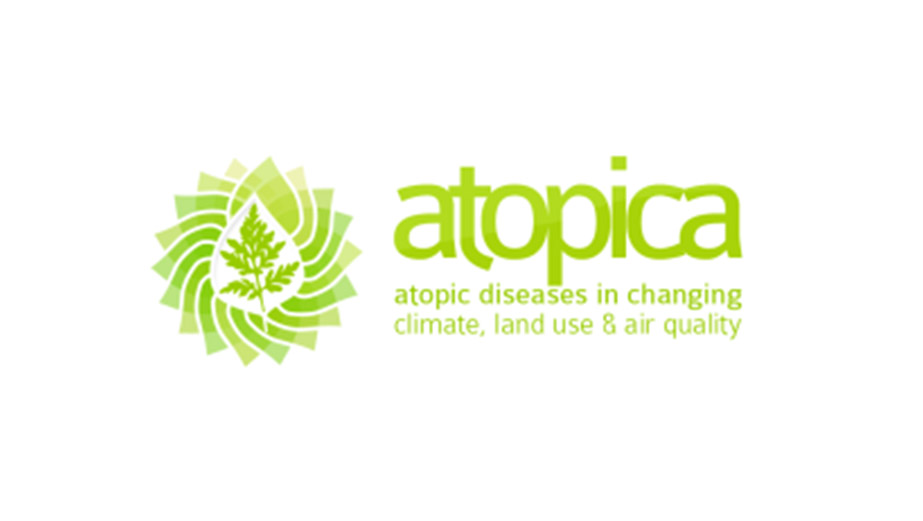The Project
ATOPICA was a FP7 EU funded project led by the Medizinische Universitaet Wien. Atopica project was committed to quantify the effects of environmental changes on Ambrosia (ragweed) pollen-induced allergic diseases in Europe. The investigation of global and regional climate, land use and air quality changes can impact on human health, in particular allergic diseases was implemented by a high qualified group of partners coming from all around the best research centers, universities and SMEs in Europe. The consortium was able to perform quantitative physical and statistical models to explore the combined pan-European impact of changes in climate, land use and air pollution on allergen pollen-induced diseases Of great importance for the project were the clinical and observational studies carried out in Croatia involving children and in Germany involving mainly elderly people.
Moverim activities
In ATOPICA, Moverim was leader of the Dissemination, Communication and Exploitation workpackage. The company supported the project visibility spreading information of project results through social networks and media relation starting from 2012. Moverim took care of the organisation, promotion and management of webinar, workshops and events with the participation of stakeholders with different expertise and vision. Moverim contribution was essential to establish links with relevant European and international projects and initiatives and to promote the project achievements and goals at European events like Green Week and EU Open doors, raising awareness on health and environment issues.
Among Moverim activities it is important to mention the organization of trainings and practical workshops offered by all project partners and external stakeholders to enable all project participants to better understand each other in their scientific and technical activities and to learn about cross cutting issues that involved different Atopica actors. Moverim organized as well the final conference sensibilizing policy makers, journalists and external experts about the urgent need for awareness about ragweed spread in Europe and for implementing sustainable strategies to control and reduce its diffusion with the intention to preserve Europeans health and wellbeing.

